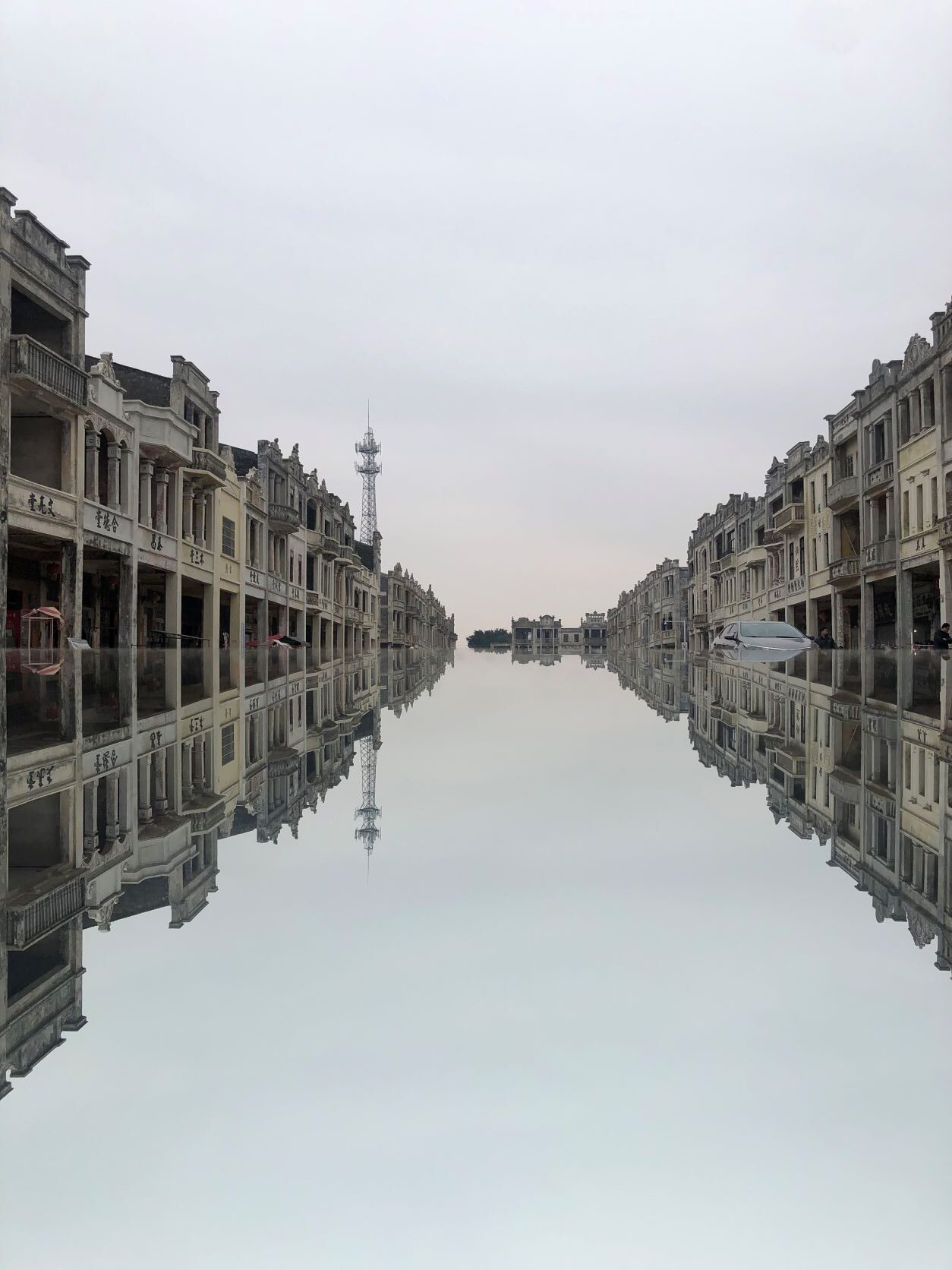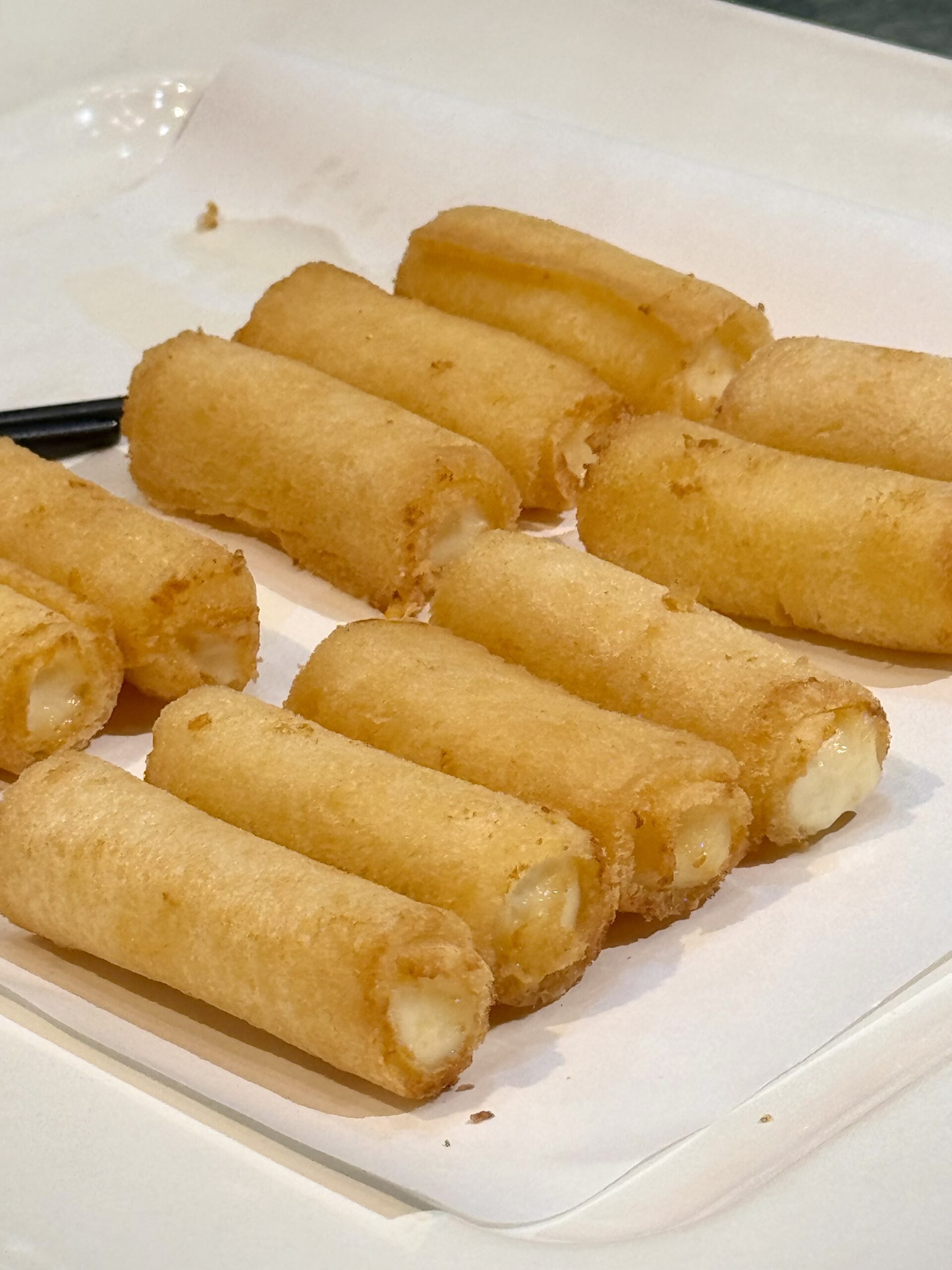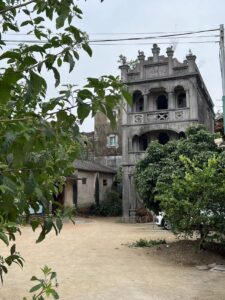
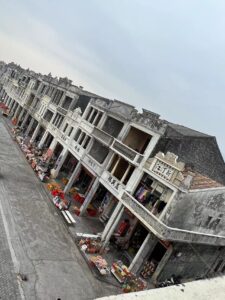
By Nancy Kong
Jiangmen, also known as part of “Wuyi” (five counties) or “Siyi” (four counties), is a prefecture-level city in Guangdong Province, China. It holds a significant position within the Greater Bay Area, connecting the eastern and western regions. As a gateway to southwestern Guangdong, it serves as both a vital hub and a coastal gateway for economic development. In January of this year, I had the privilege of participating in a Chinese Immersion Trip, part of the International Elite Exchange Program organized by the Macau Pioneer International Cultural Communication Center Ltd, exploring firsthand the fashionable transformation of this historic city.
Departing from Zhuhai’s Gongbei Port, we drove approximately 1.5 hours to reach Jiangmen. Our first stop was the provincially protected cultural relic, “Mei Family Mansion.” Situated along the Datong River, this mansion was established in 1931 by local overseas Chinese and their families. Covering an area of 80 acres, it boasts 108 two- to three-story buildings with covered walkways, arranged in a rectangular layout. The central marketplace spans 40 acres, where vendors sell their goods, resembling a small square city. Given that more than half of the shareholders have the surname “Mei,” it is aptly named the “Mei Family Mansion.”
The architectural style of the mansion combines Western and traditional Chinese elements. Despite organized planning, each building maintains its unique appearance. After nearly a century of weathering, it still retains its original charm. Notably, “Mei Family Mansion” has been a popular filming location for TV dramas, including well-known titles like “Temporary President” and “Let the Bullets Fly.” With the recent nationwide success of the TV series “Fury,” the mansion has become a hotspot for social media influencers.
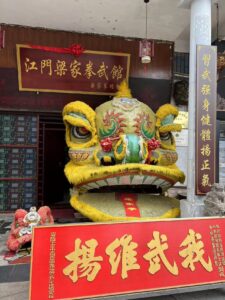
Our next destination was another filming location from “Fury”: “33 Market Street.” Known as the epicenter of Jiangmen’s urban origins, it derives its name from the 33 stone steps leading to the top of the market street. These steps were built during the Qing Dynasty’s Guangxu era and witnessed centuries of storms and prosperity. “33 Market Street” is where Jiangmen’s economic and cultural roots lie.
Jiangmen boasts abundant tourism resources, blending historical heritage with natural beauty. Located at the western end of the city, Enping is hailed as China’s first hot spring town. Here, under the azure sky, surrounded by lush greenery, visitors can listen to the melodious sounds of nature and appreciate its breathtaking beauty. Enping serves as a perfect retreat away from the hustle and bustle. After a day of travel, we rested at the Enping Hot Spring Resort, washing away our fatigue.
As one of the representative cities of Cantonese culture, Jiangmen is home to the UNESCO World Heritage site Kaiping Diaolou and Villages, a paradise that once captivated the renowned writer Ba Jin. Additionally, the Guifeng Mountain National Forest Park offers a glimpse of nature’s wonders. With its rich historical and cultural heritage complemented by innate natural beauty, Jiangmen, riding the wave of GBA development, now showcases a stylish new face to the world.
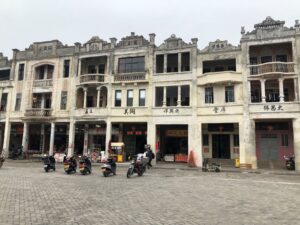
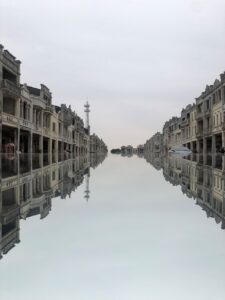
By Nancy Kong




